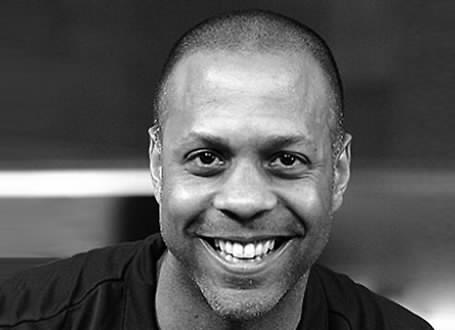Zen Bite: Stinky Zen
Zen Buddhists refer to enlightenment as being on top of a 100 foot pole. It is a wonderful metaphor that conveys clarity, wisdom and life above the normal strife of humanity. Great effort goes into reaching this place, and that is the very reason why we in Zen do everything we can to knock people off the top as quickly as possible.
Many individuals pursue enlightenment based on a desire for relief, escape and even leverage: the underlying belief is that greater happiness and satisfaction are a function of these things. Unfortunately, they are just strategies that the brain seeks to use for survival purposes, hence the tendency to want to hold on to enlightenment once we get it.
For those who refuse to come down from the pole, trouble is never far away. Sure telltale signs are the adoption of weird jargon; odd changes in behavior and lifestyle; avoidance of responsibility; and even arrogance. All stem from misconceptions about what enlightenment is. We call this “Stinky Zen.”
In the worst of cases, enlightenment is used to justify harming others. This was unavoidably apparent in Oprah Winfrey’s recent interview with Rielle Hunter, former mistress to 2008 presidential candidate John Edwards.
I must admit that I was eager to see the interview. I wanted to hear from the woman and self-proclaimed spiritual coach who had pursued and participated in one of the biggest scandals in recent US political history. Though a bit tense at first, Hunter came across as open and honest. She responded clearly to the questions about her relationship with Edwards, and shared insights that suggested that she had had some form of enlightenment experience. I was moderately convinced in the beginning but as the interview wore on it became clear that something was off.
At the end of the dialogue, Oprah asked Hunter to state what she would like people to understand about what happened. Her reply included, “All of their feelings, the hate they are projecting on to me, has to do with their fears, or anger, disappointment or sadness about their mother cheating on their father or them cheating on their spouses. Their judgment is based upon their life experience, their fears, hopes and dreams. It has to do with them, it does not have to do with me.”
When given an opportunity to say whether or not she had hurt Elizabeth Edwards, Hunter masterfully dodged the question using “enlightened mumbo jumbo” that sounded sincere and genuine: it was not. Oprah challenged her and out came the following, “I don’t know if I hurt her, you would have to ask her.” It was a regrettable avoidance of responsibility that had the unmistakable stench of enlightenment gone awry.
This is a perfect example of what happens when a person remains atop the 100 foot pole. From a Zen perspective, Hunter may have had a legitimate enlightenment experience at one point, but her training and development is far from complete. Something is missing.
In Zen it may take several months to have an enlightenment experience, and another twenty years to wipe away all traces of it. As you step off the pole, intensive training takes place to ensure that a proper moral and ethical foundation is created. Yes, Zen has morals and ethics. This is a critical foundation that will prevent the brain from taking enlightenment and using it to reinforce the narcissistic tendencies that are rampant in western culture. The guides for this are the Buddhist Precepts. Without them, or an equivalent, being enlightened is nothing other than a thin veneer used to mask thoughts and actions that are characteristic of the Human Condition.
The Precepts can be likened to the Ten Commandments. Once integrated, they are powerful navigation pieces that allow you to self-correct moment to moment. Rielle Hunter lacked this essential capacity and caused harm to herself, the Edwards family and ultimately the nation.
Unfortunately a large portion of our culture has rejected traditional morals and ethics. At the same time, the debate about wrong and right has become so polarized that the benefits, inspiration and power that derive from having a moral basis for your actions are overshadowed. This has come at great cost to our happiness, satisfaction and ability to relate to one another. Believe it or not, recent studies indicate that we are born with a fundamental set of values, so when we abandon them, we abandon a part of who we are. Like it or not, religions have taught this for centuries, and this is what Zen Buddhism addresses at the core of its training and practice.
Enlightenment does not come for free. With it comes a great responsibility that rarely gets communicated or embraced. As we stand atop the 100 foot pole, each of us must confront whether or not we are willing to live more in accordance with who we are from a moral and ethical standpoint.
This will be one of the most important and difficult choices of your life; a choice that will require a level of honesty that may be unprecedented for you.
So, are you going to step off or not?

Mark Eckhardt Bio
Since 1998, Mark Eckhardt has studied Zen Buddhism under the auspices of Bill Yoshin Jordan, Abbot of the Santa Monica Zen Center.
Learn More